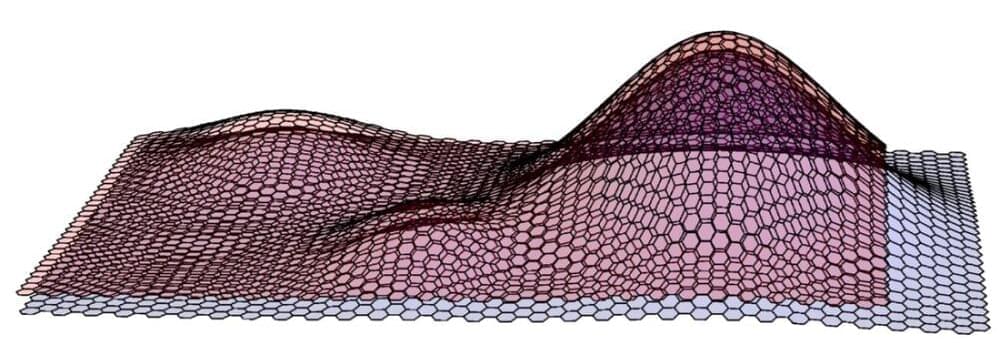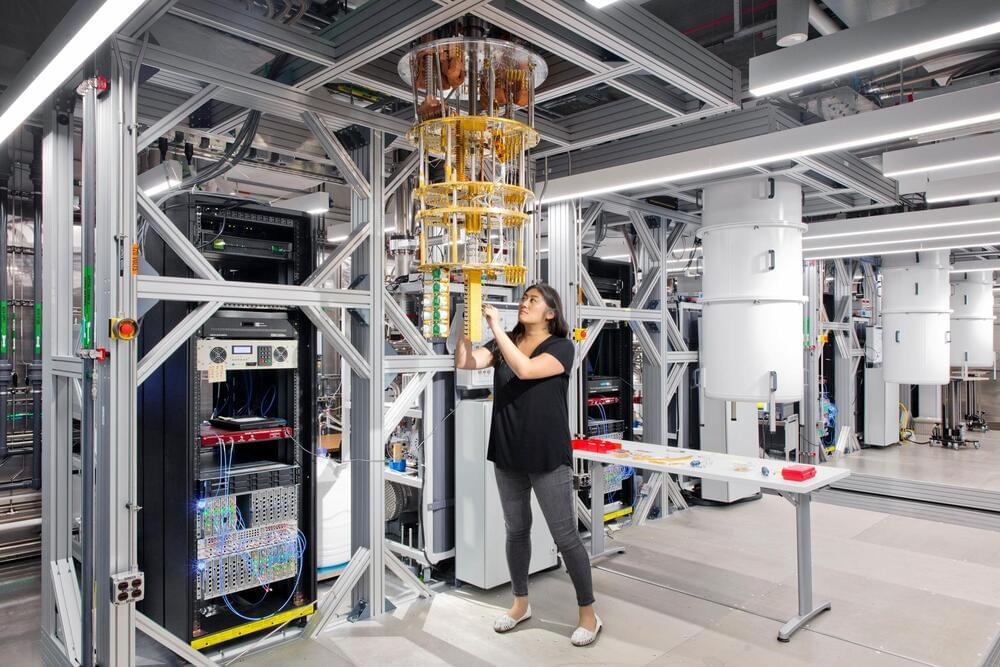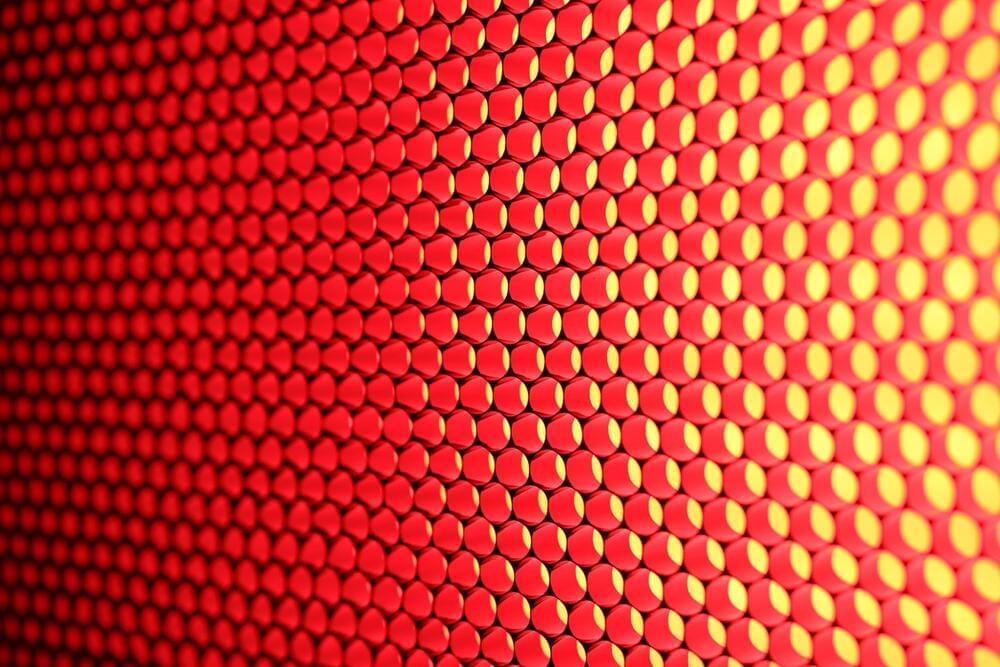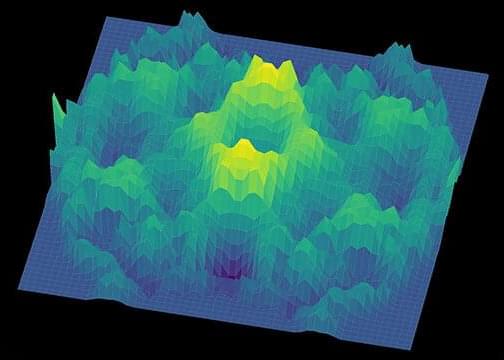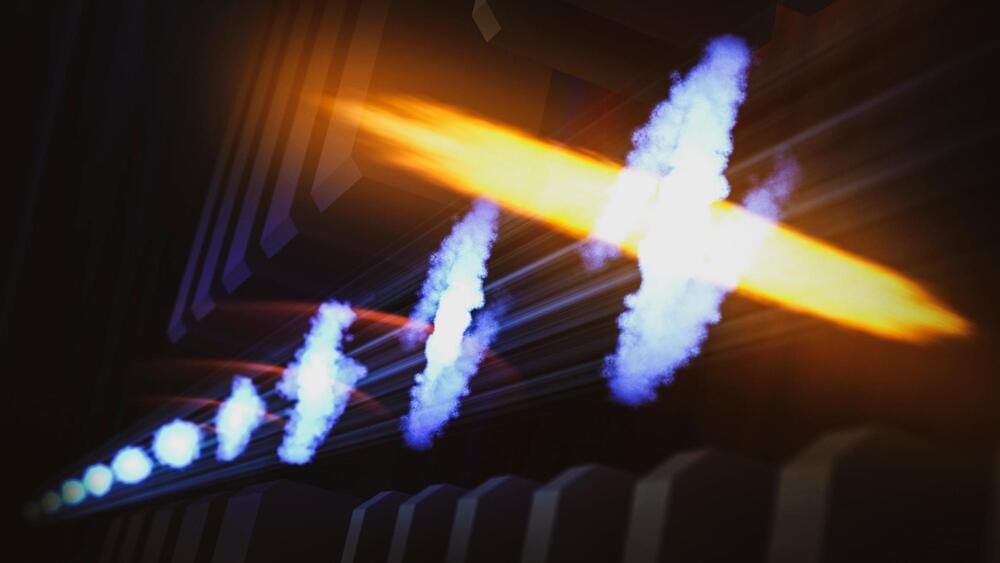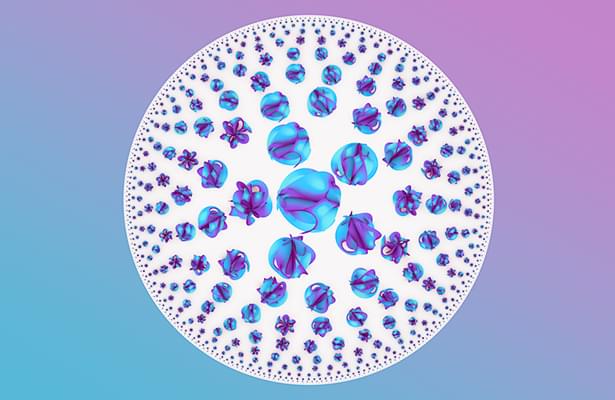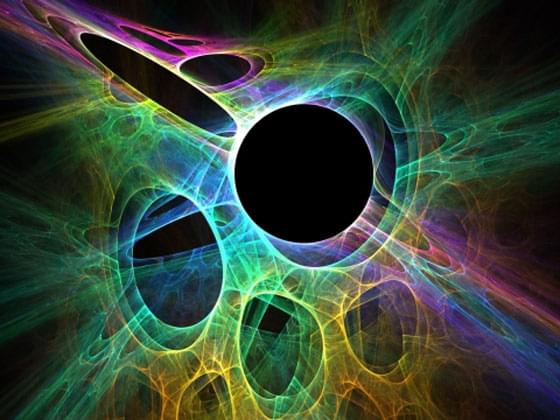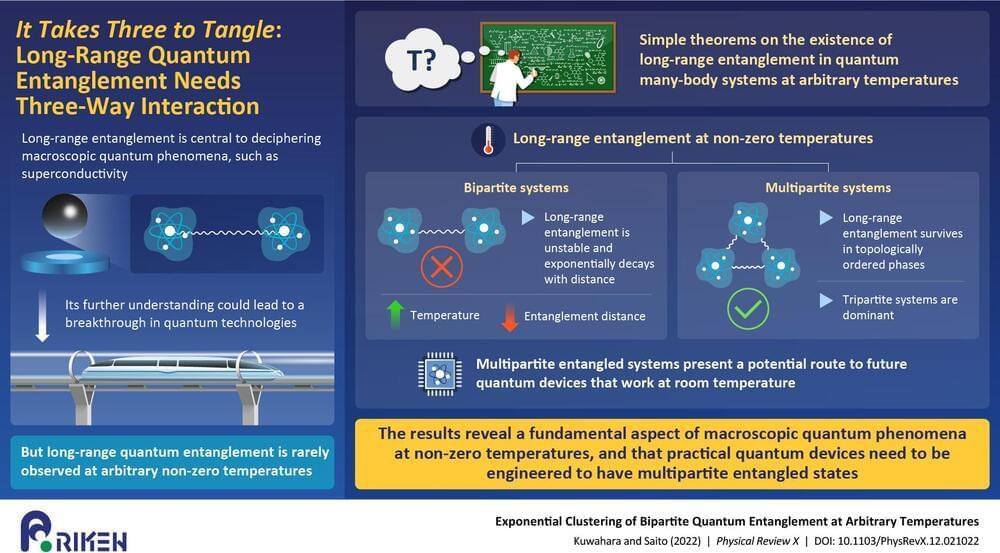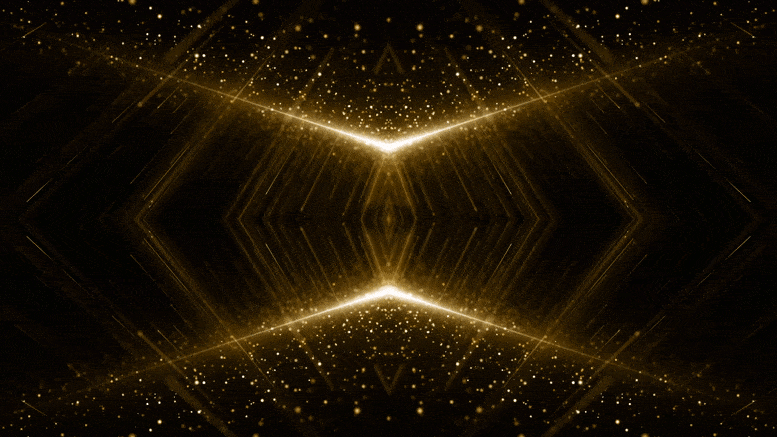Physicists sometimes come up with crazy stories that sound like science fiction. Some turn out to be true, like how the curvature of space and time described by Einstein was eventually borne out by astronomical measurements. Others linger on as mere possibilities or mathematical curiosities.
In a new paper in Physical Review Research, JQI Fellow Victor Galitski and JQI graduate student Alireza Parhizkar have explored the imaginative possibility that our reality is only one half of a pair of interacting worlds. Their mathematical model may provide a new perspective for looking at fundamental features of reality—including why our universe expands the way it does and how that relates to the most miniscule lengths allowed in quantum mechanics. These topics are crucial to understanding our universe and are part of one of the great mysteries of modern physics.
The pair of scientists stumbled upon this new perspective when they were looking into research on sheets of graphene—single atomic layers of carbon in a repeating hexagonal pattern. They realized that experiments on the electrical properties of stacked sheets of graphene produced results that looked like little universes and that the underlying phenomenon might generalize to other areas of physics. In stacks of graphene, new electrical behaviors arise from interactions between the individual sheets, so maybe unique physics could similarly emerge from interacting layers elsewhere—perhaps in cosmological theories about the entire universe.
